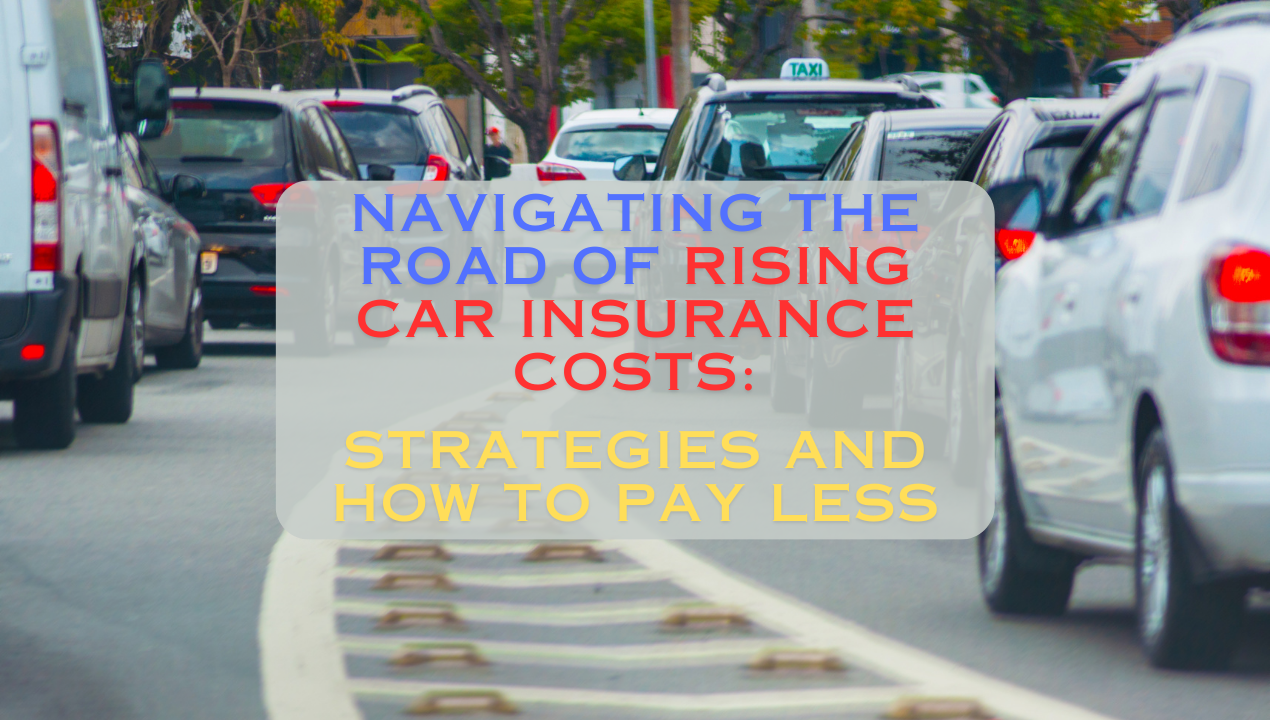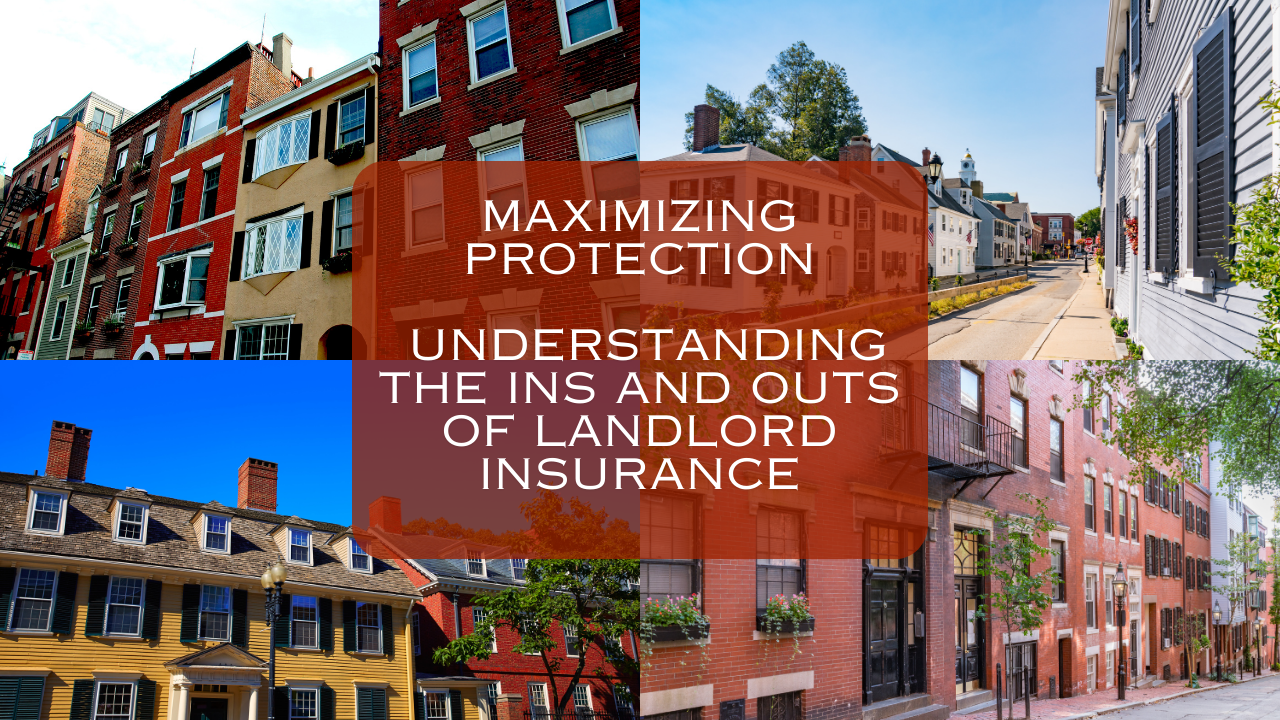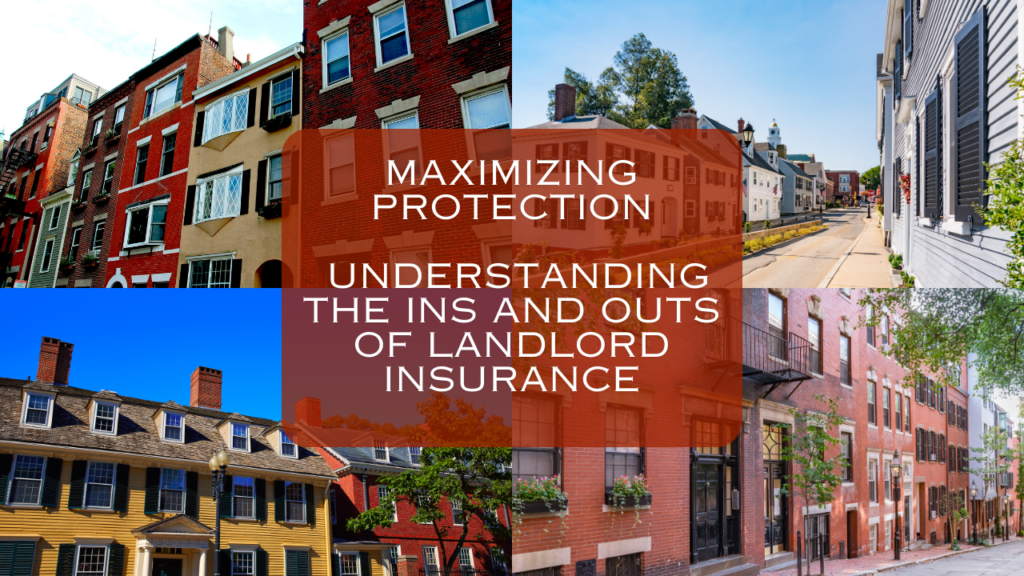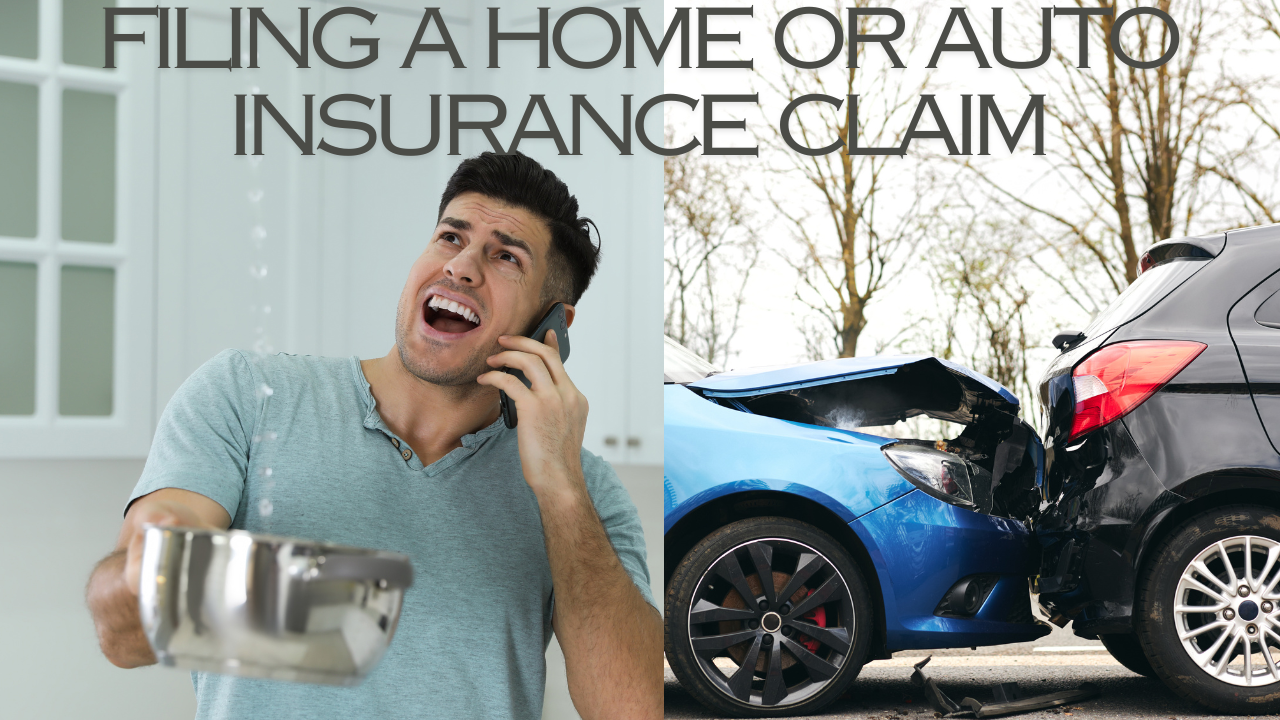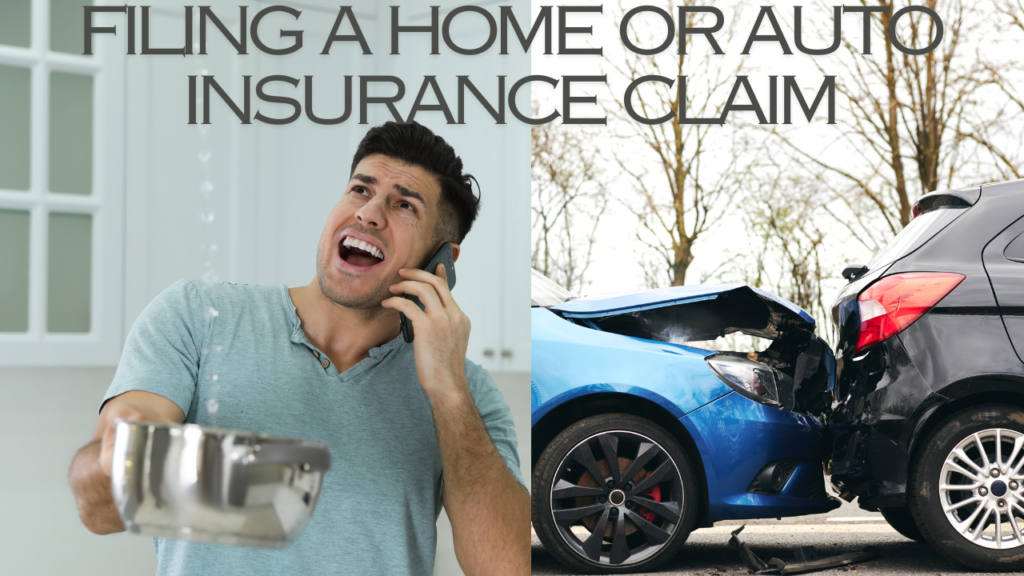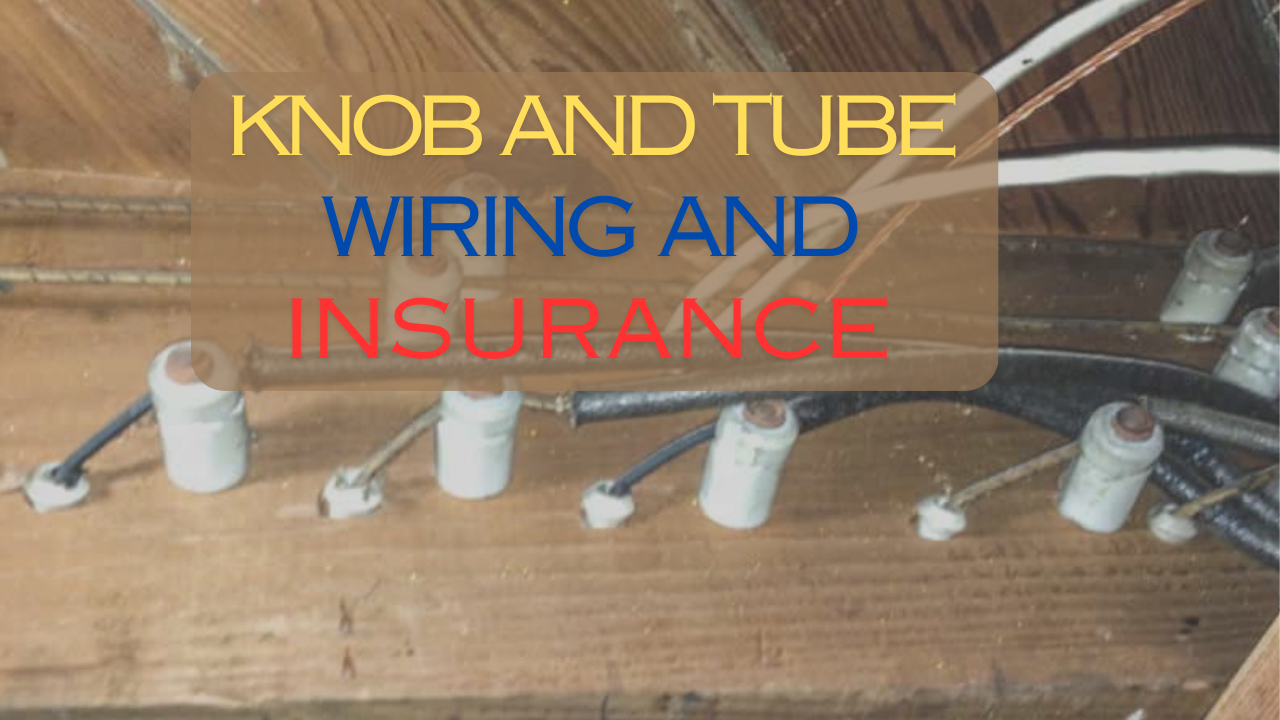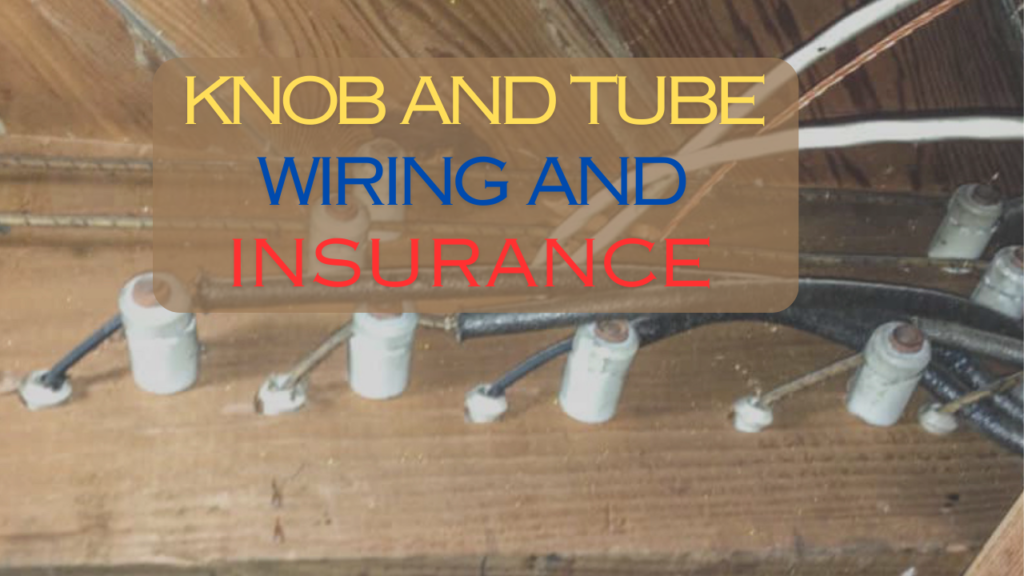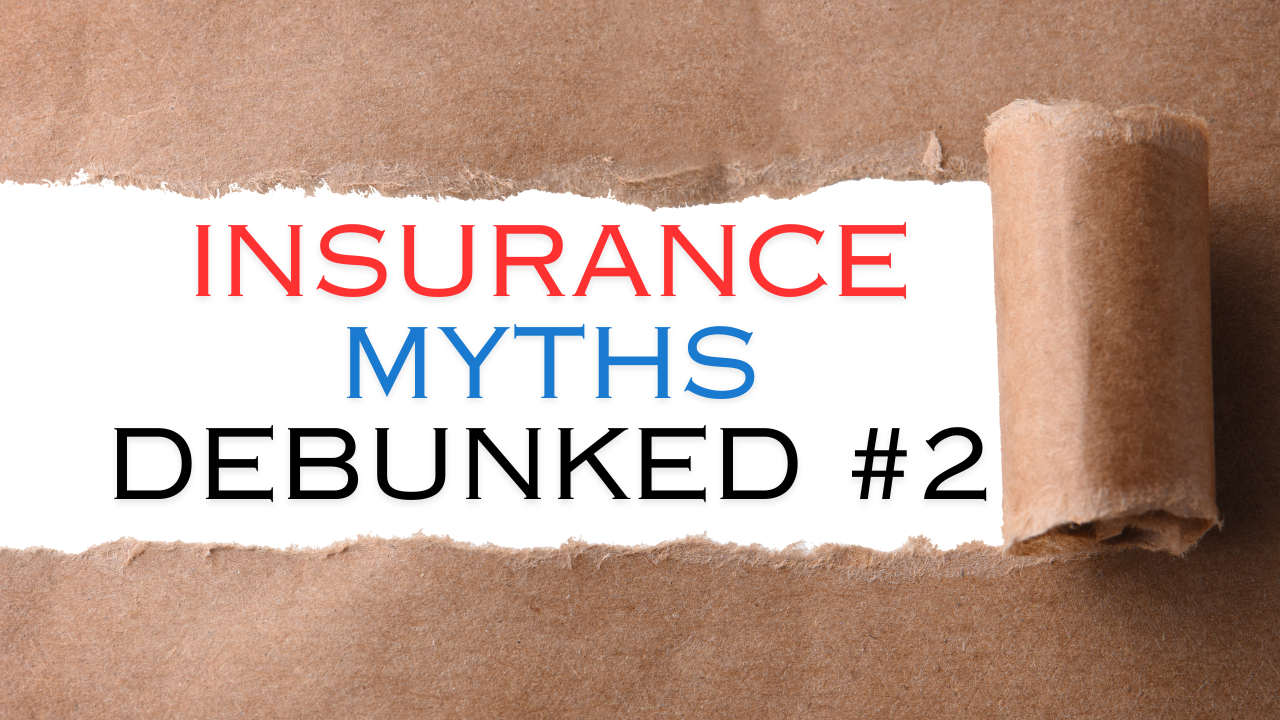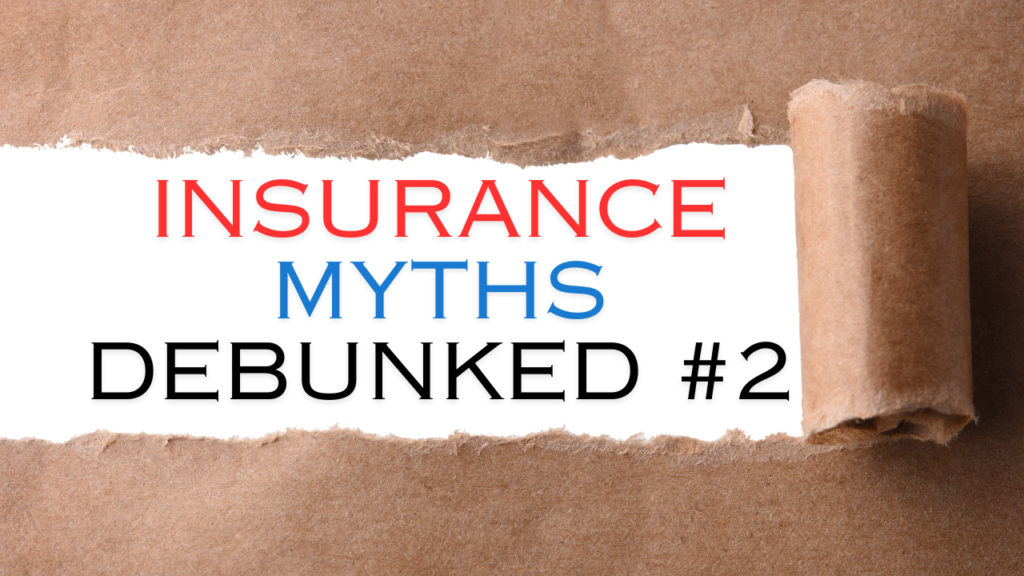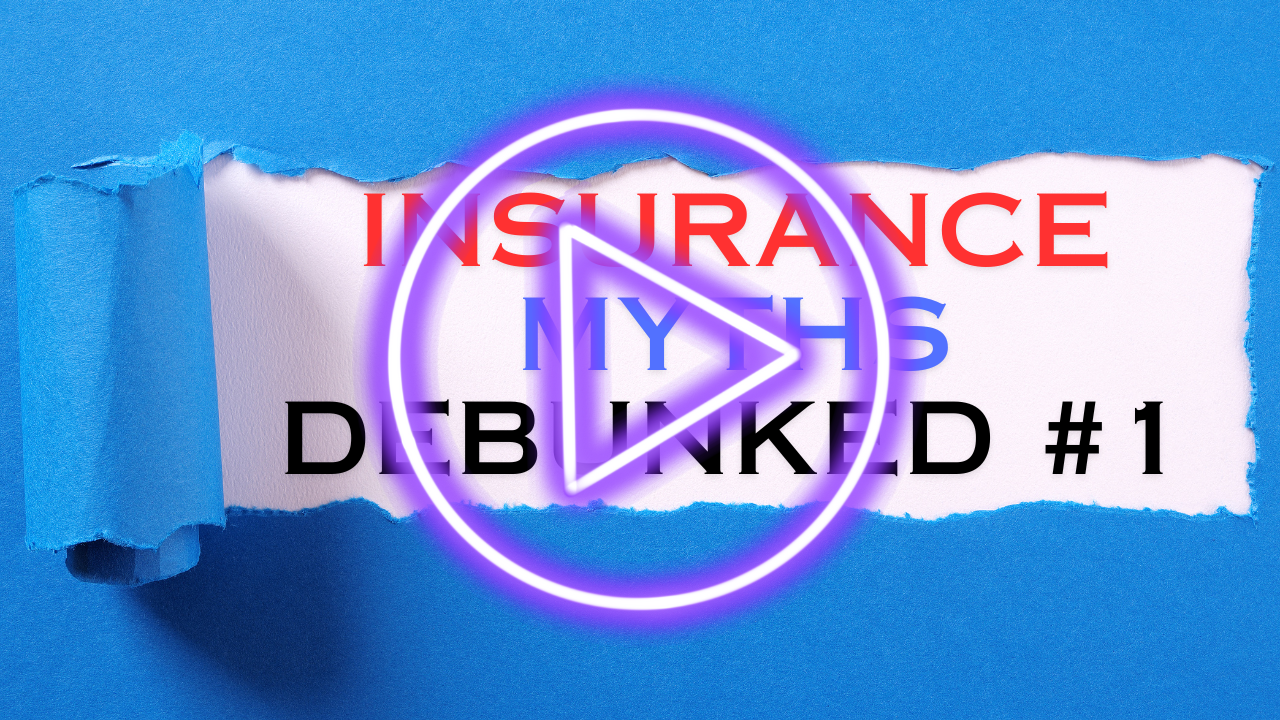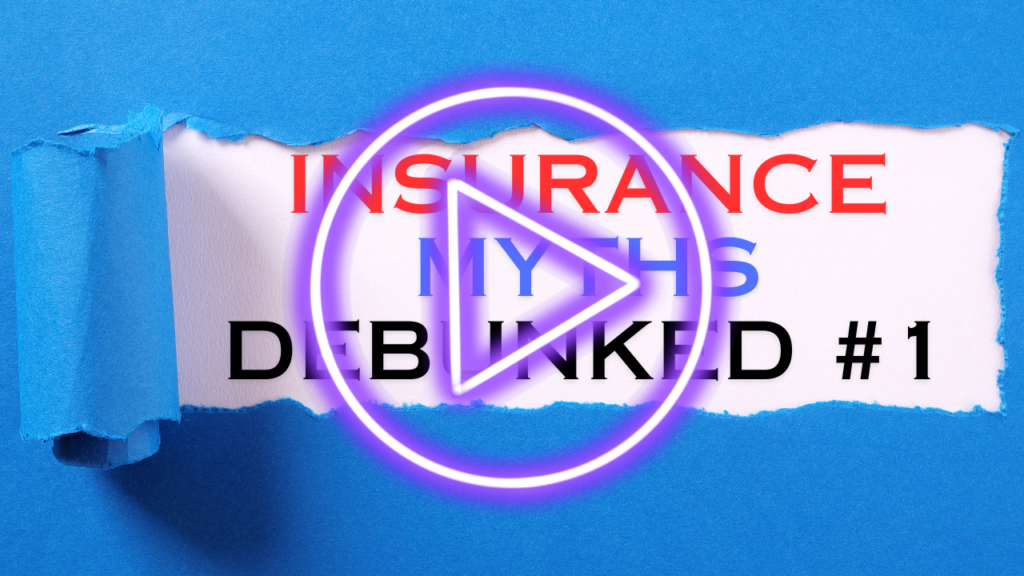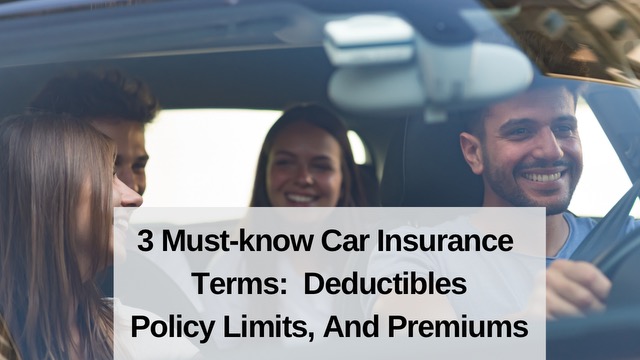Navigating the Road of Rising Car Insurance Costs: Strategies and How To Pay Less
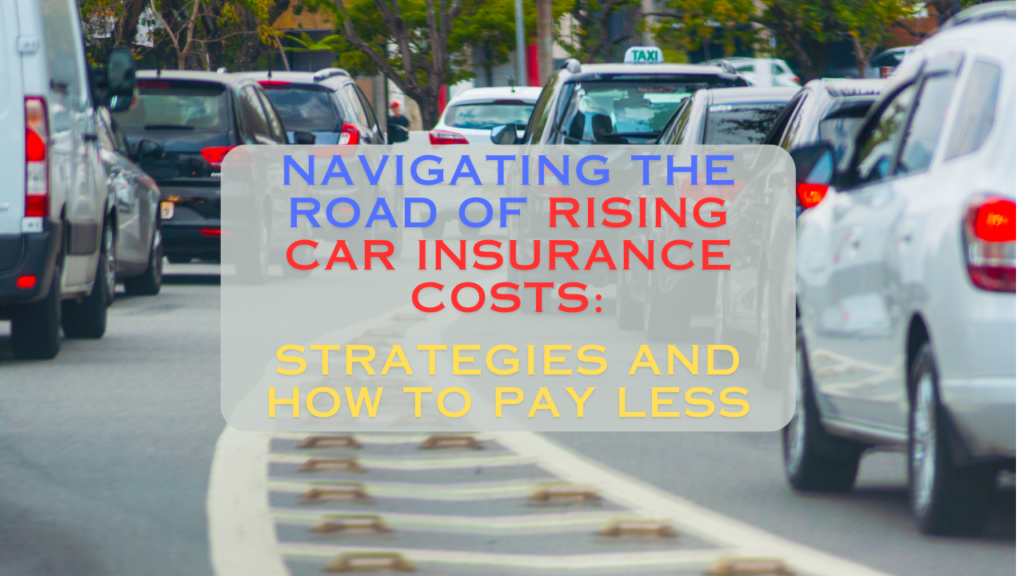
Are you feeling the pinch of rising car insurance costs? You’re not alone. In today’s blog, we’re hitting the road to explore this hot topic and provide you with actionable strategies to understand and navigate through the challenges. Let’s dive in!
The Reality of Rising Costs
It’s hard to ignore the uptick in car insurance premiums. This isn’t just a personal issue; it’s a trend sweeping across the industry. While it may seem like there’s no escape from shelling out more money, there are steps you can take to ease the burden.
Evaluating Budgets and Needs
First things first – let’s talk budgets. Take a close look at your finances and assess your car insurance needs. Are you paying for extras you don’t need? A conversation with your local independent insurance broker can help you understand essential coverage tailored to your needs, potentially saving you money without compromising protection.
Paying Premiums in Full
Consider the way you pay your premiums. While paying in installments may seem convenient, paying your premium in full can often lead to discounts from insurance companies. Though it may require a lump sum upfront, the savings can outweigh the initial expense, and you’ll avoid the risk of missing payments.
The Deductible Dilemma
Let’s tackle the deductible dilemma. Increasing your deductible – the amount you pay out of pocket before your insurance kicks in – can lower your premiums. If you’re a safe driver and can handle a higher out-of-pocket expense in case of a claim, adjusting your deductible could result in significant savings over time.
Vehicle Purchase Considerations
Thinking of purchasing a new car? Hold off for a moment. Before you make a decision, consider how your choice of vehicle may impact your insurance premiums. Some cars are more costly to insure due to factors like repair costs, theft rates, and safety features. Consulting your local independent insurance broker can provide insights into potential insurance costs for different vehicle models.
Shopping Around for Deals
Finally, never underestimate the power of shopping around for insurance deals. The insurance market is highly competitive, and loyalty doesn’t always pay off. Periodically comparing rates from different providers can uncover better deals that align with your needs and budget. Working with a local, independent insurance broker can simplify this process, ensuring you have access to a range of options tailored to your requirements.
Conclusion and Call to Action
Managing rising car insurance costs requires proactive and strategic approaches. By evaluating your needs, adjusting payment structures, considering deductible options, being mindful of vehicle choices, and regularly shopping around for deals, you can effectively navigate through the challenges.
If you’re seeking personalized assistance with your car insurance needs or require a review of your current policy, don’t hesitate to reach out to Vargas & Vargas Insurance at 617-298-0655, your trusted local insurance broker. Let us help you find the best coverage at the best price. Drive safe, and here’s to smoother roads ahead!


